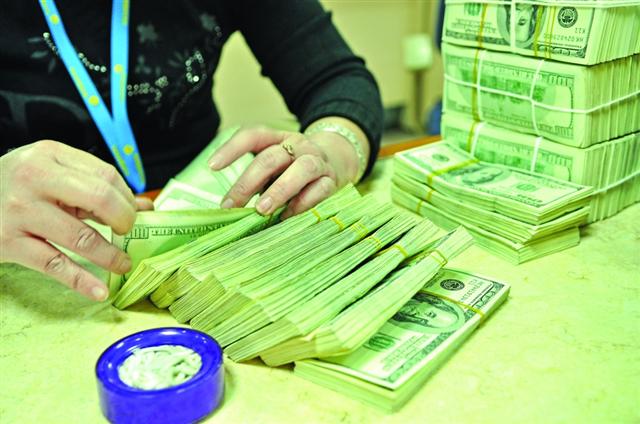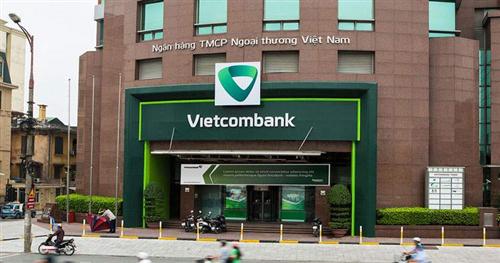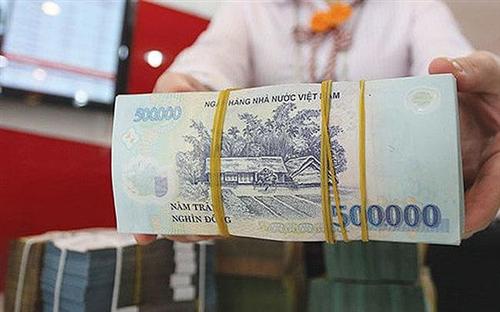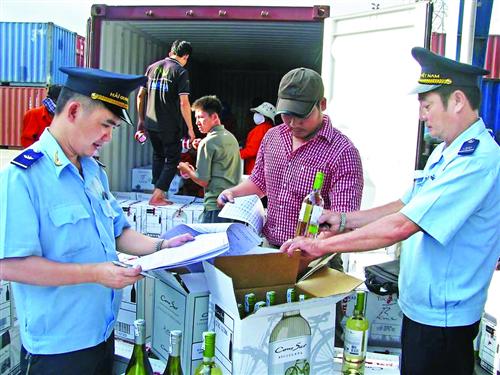SBV takes credit for stability, record foreign reserves
SBV takes credit for stability, record foreign reserves
The banking sector played an important role in Vietnam’s economic achievements of the past year, helping the country reach gross domestic product (GDP) growth of 7.02 percent and fulfill targeted macroeconomic indicators. Flexible monetary and exchange rate policies created an impetus for the development of commercial banks and the economy, while improving investor confidence.

Vietnam’s foreign reserves increased to a record of more than US$79 billion in 2019
|
Increasing Vietnam’s prestige
Credit growth in 2019 was estimated at approximately 14 percent, achieving the target set out at the beginning of the year. The banking system provided the economy with about VND8,200 trillion. Credit quality was improved, while deposit and lending interest rates declined, positively affecting the economy.
Exchange rates and the foreign exchange market continued to be a bright spot of the banking sector over the past year. According to State Bank of Vietnam (SBV) Governor Le Minh Hung, the SBV closely monitored complex developments of regional and international monetary markets in order to react accordingly, reflecting the central bank’s effective monetary policy and exchange rate management.
Hung said exchange rates were stable and inflation was controlled, while legitimate demands for foreign currencies were met fully and promptly. Vietnam’s foreign reserves increased to a record of more than US$79 billion, 2.5 times higher than the beginning of this tenure, helping strengthen resilience against external shocks and consolidate foreign investors’ trust in the Southeast Asian country, Hung said.
Standard & Poor’s (S&P) Global Ratings raised Vietnam’s sovereign credit rating to ‘BB’ from ‘BB-’, with a stable outlook, reflecting the Vietnamese economy’s rapid expansion and improvements in the government’s institutional settings. Vietnam’s credit access index has increased seven places, ranking 25th among 190 countries and territories and second in ASEAN, according to the newly-released Doing Business Report 2020 produced by the World Bank (WB). According to WB Country Director for Vietnam Ousmane Dione, the banking sector has made important contributions to Vietnam’s macroeconomic stability in the context of a global and regional economic recovery, but still faces many challenges and risks.
Expanding credit
The SBV has set this year’s credit growth at 14 percent, the same as the 2019 level, and it will be adjusted in line with the macro balance and market movements. Credit will continue to be controlled strictly, focusing on priority areas, meeting the legitimate capital demands and limiting black credit. Total means of payment are expected to increase by about 13 percent in 2020. The SBV will direct credit institutions to expand credit effectively, and coordinate with ministries, departments and localities to remove difficulties facing businesses in capital access.
The SBV will continue to follow a proactive, flexible and cautious monetary policy, while working in close conjunction with fiscal and other policies to control inflation, sustain the macro-economy and support economic growth.
| At a conference held in Hanoi to set tasks for the banking sector in 2020, Prime Minister Nguyen Xuan Phuc said the SBV must continue setting out its monetary policy in a flexible, cautious and effective manner to support the government’s targets. The central bank must also consider a reasonable credit growth rate to ensure the banking sector acts as an important supply channel of capital for the economy, he added. PM Phuc directed the banking sector to cut interest rates further to support trade and production activities. He also asked to create favorable conditions for the safe and healthy development of commercial banks and credit institutions, and improve banking services to ensure access to credit for all businesses and people. |






















